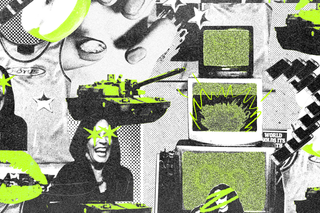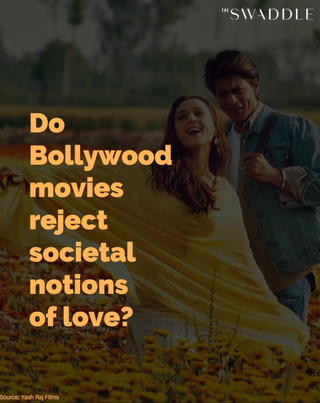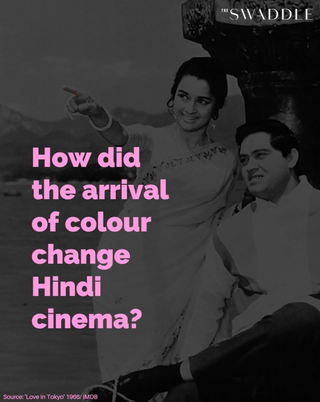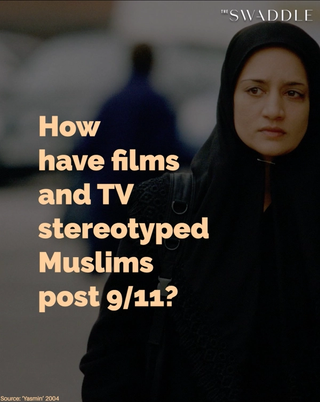
Not Bumpin' That
How does love in Bollywood challenge social norms of marriage? Dr. Ulka Anjaria, professor of English, explains.
Watch reel
How did 1960s colour films make travel aspirational for Indians? Dr. Ranjani Mazumdar, film scholar, explains.
Watch reel
How did 9/11 impact the portrayal of Muslims in popular culture? Dr. Amina Yaqin, Urdu scholar, explains.
Watch reel